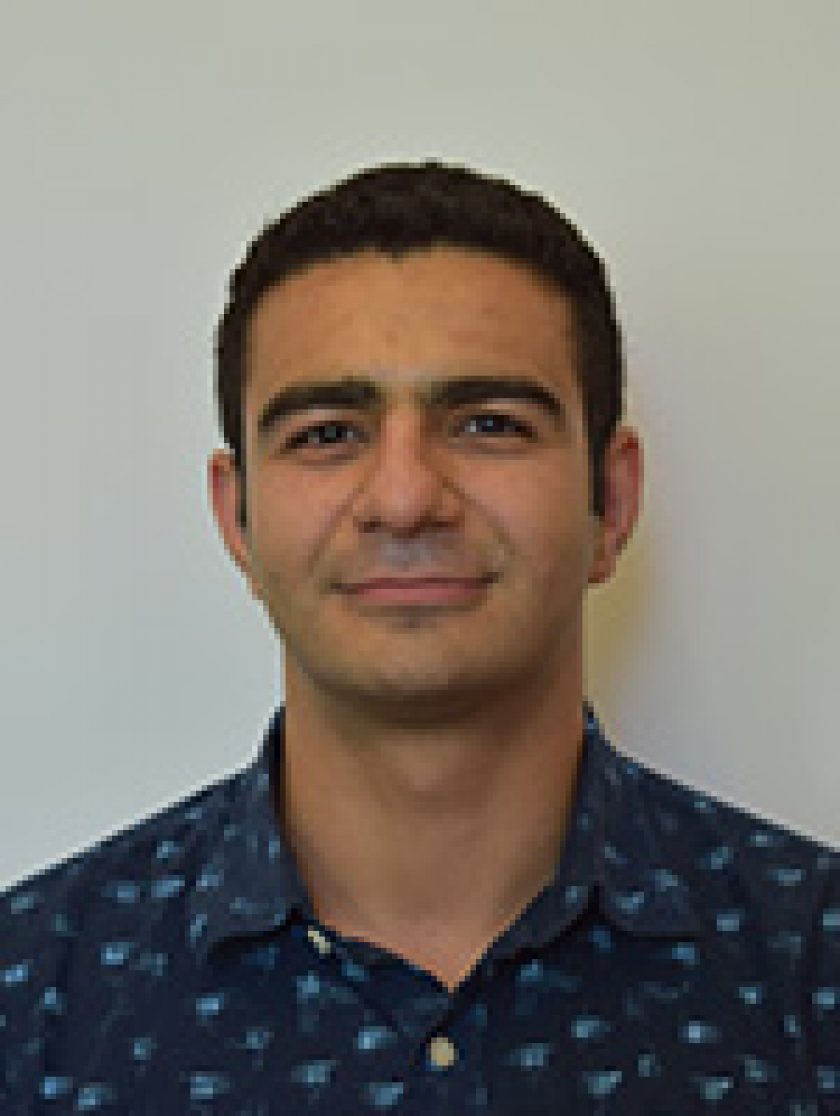Abstract:
Next generation intelligence relies on advanced computing and sensing paradigms inspired mainly by the biological systems. However, today’s conventional cloud computing and mobile platforms have been already challenged by the advent of Artificial Intelligence (AI) and Internet of Things (IoT). The performance and diversity requirements of these applications demand the shift towards hyper-scale datacenters, Exascale high-performance computing (HPC), energy-efficient edge computing, and new sensing and imaging modalities. Moreover, currently existing biological techniques have limited capability for understanding complex biological systems such as human brain. My research goal is to design and implement large-scale and energy-efficient integrated systems that answer some of these major technological challenges by merging state-of-the-art electronics with photonics and other emerging technologies.
In this talk, I will describe several monolithic photonics platforms in advanced CMOS technologies designed as key enablers for emerging electronic-photonic integrated systems: (1) Using unmodified CMOS in 32/45nm SOI nodes, which places photonics next to the fastest transistors (2) Developing a poly-silicon based photonics in bulk CMOS as a path for embedding photonics in the most advanced CMOS nodes (sub-10nm). I will describe electronic-photonic co-optimization opportunities on an example of a 40Gb/s optical transmitter achieving the world record energy and bandwidth density. All active and passive photonic devices have been designed and placed monolithically next to the necessary electronics (digital back-end logic, thermal tuning controller, high-speed PLL, etc.) with the closest feasible proximity. Furthermore, I will explain how deep insights into the details of an advanced CMOS process can leverage photonic device design, enabling new degrees of freedom in a seemingly constrained environment. Lastly, I will demonstrate the first monolithic integrated photonics platform in a commercial 300mm-wafer bulk CMOS technology. I will explain challenges and complexities of wafer-level process development as well as the implementation of a photonic system-on-chip (SoC) integrating millions of transistors and hundreds of photonic devices. These integrated system design methodologies can unlock new functionalities and revolutionize many applications in HPC, high-bandwidth wireless connectivity, 3D sensing and imaging, Neurophotonics and Optogenetics, etc.
Bio:
Sajjad Moazeni is a postdoctoral research scientist in Bioelectronic Systems Lab at Columbia University. His research interest lies at the intersection of integrated system design and photonics with applications in computing and communication, sensing and imaging, and life sciences. Dr. Moazeni received his Ph.D. in Electrical Engineering and Computer Sciences from UC Berkeley in 2018 focusing on large-scale and energy-efficient electronic-photonic integration. He received a B.S. in Electrical Engineering from Sharif University of Technology, Tehran, Iran, in 2013. He was awarded the UC Berkeley Graduate Division Fellowship in 2014.


